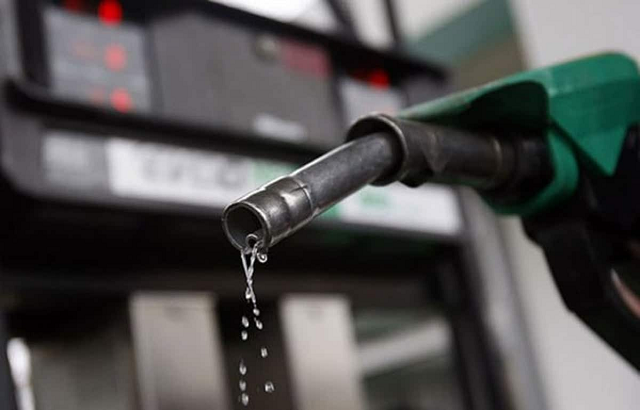The Federal Government has been advised by the International Monetary Fund (IMF} to completely eliminate subsidies on fuel and electricity in early 2022.
The IMF had in the staff concluding statement of its 2021 Article IV Mission published on Friday, stated that Nigeria should execute revenue-based fiscal consolidation.
The federal government had stated that it would stop petrol subsidy in July 2022.
The Minister of Finance, Budget and National Planning, Zainab Ahmed, had last week revealed intentions to pay transport allowance to Nigerians for six or 12 months to soften the effect of fuel subsidy removal.
The Bretton Woods institution stated that Nigeria requires key reforms in fiscal, exchange rate, trade and governance to enhance sustainable growth.
“The complete removal of regressive fuel and electricity subsidies is a near-term priority, combined with adequate compensatory measures for the poor,” the statement reads.
“The mission stressed the need to fully remove fuel subsidies and move to a market-based pricing mechanism in early 2022 as stipulated in the 2021 Petroleum Industry Act.
“Well-targeted social assistance will be needed to cushion any negative impacts on the poor particularly in light of still elevated inflation.
“In addition, the implementation of cost-reflective electricity tariffs as of January 2022 should not be delayed.
“Nigeria’s past experiences with fuel subsidy removal, which have all been short-lived and reversed, underscore the importance of building a consensus and improving public trust regarding the protection of the poor and efficient and transparent use of the saved resources.”
The IMF also forecasted that in spite of high oil prices, the country’s fiscal deficit would expand in 2021 to 6.3 percent of gross domestic product (GDP).
It said this was a reflection of implicit fuel subsidies and higher security spending, adding that it would remain till 2022.
The IMF also said over the medium term, without bold revenue mobilisation efforts, fiscal deficits could stay elevated above the pre-pandemic levels with public debt increasing to 43 percent in 2026.
“General government interest payments are expected to remain high as a share of revenues making the fiscal position highly vulnerable to real interest rate shocks and dependent on central bank financing,” the statement adds.












